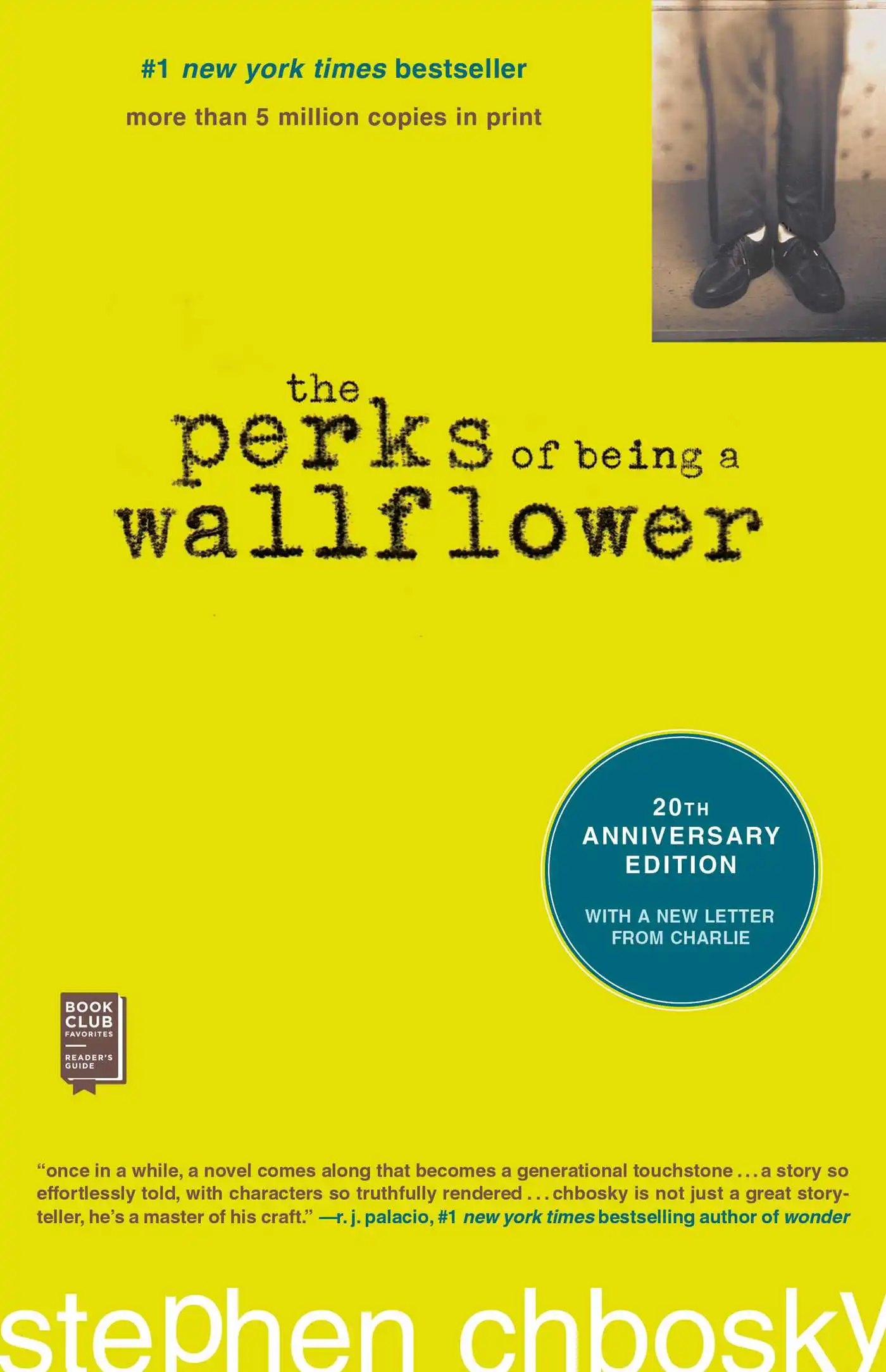this post was submitted on 02 Oct 2023
34 points (97.2% liked)
Banned Book Club
915 readers
1 users here now
Community dedicated to discussion of banned and challenged books.
Please follow this instances rules.
To find more communities on this instance, go to: !411@literature.cafe
founded 2 years ago
MODERATORS
you are viewing a single comment's thread
view the rest of the comments
view the rest of the comments
